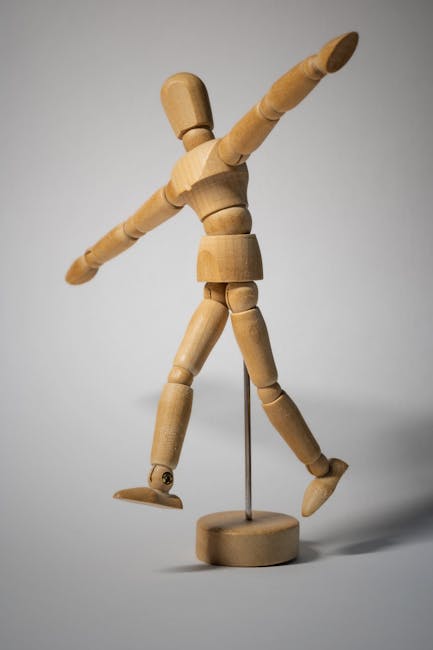The rise of artificial intelligence has sparked a fascinating debate: will AI replace human creativity? The answer, unequivocally, is no. While AI is undoubtedly a powerful tool, capable of generating impressive outputs, it remains a tool – and a tool wielded by humans. Creativity, with its complex tapestry of emotion, experience, and intuition, remains a uniquely human endeavor.
This article delves into the critical distinction between AI-generated content and genuinely creative work, exploring why human creativity continues to be invaluable in a world increasingly influenced by artificial intelligence.
Understanding AI’s Role: A Powerful Assistant, Not a Replacement
AI tools like DALL-E 2, Midjourney, and ChatGPT have demonstrated remarkable abilities in generating text, images, and even music. These programs leverage vast datasets to learn patterns and generate outputs based on prompts. However, it’s crucial to understand that this process is fundamentally different from human creativity. AI doesn’t think creatively; it identifies and combines existing patterns. Think of it as a highly skilled mimic, capable of producing impressive imitations but lacking the original spark of human invention.
For example, while an AI can generate a poem in the style of Shakespeare, it doesn’t possess Shakespeare’s lived experience, his understanding of human nature, or the emotional depth that infused his work. The AI is simply manipulating linguistic patterns; it doesn’t feel the emotion it’s mimicking.
The Irreplaceable Elements of Human Creativity
Human creativity stems from a rich interplay of factors that AI currently lacks:
Emotional Intelligence: Art, music, literature – these mediums often express profound emotions, drawing on the creator’s personal experiences and understanding of the human condition. AI, lacking personal experience and emotional depth, can only simulate these emotions, not genuinely express them.
Intuition and Insight: Creative breakthroughs often involve a leap of intuition, a sudden connection between seemingly disparate ideas. This intuitive process, driven by subconscious thought and experience, is currently beyond the capabilities of AI.
Originality and Innovation: While AI can remix and recombine existing data, true originality requires the ability to generate entirely novel ideas, concepts, and perspectives. This capacity for radical innovation remains firmly within the human realm.
Problem-Solving and Critical Thinking: Creativity isn’t just about generating pretty pictures or catchy tunes; it’s about solving problems in innovative ways. Human beings possess the capacity for critical thinking, analysis, and nuanced judgment – skills crucial for generating creative solutions.
AI as a Collaborative Partner
Instead of viewing AI as a replacement for human creativity, we should embrace it as a powerful collaborative tool. AI can assist with tasks like brainstorming, generating initial drafts, and exploring different stylistic approaches. This allows human creators to focus their energy on the aspects of the creative process that require uniquely human skills: refining ideas, infusing work with emotional depth, and adding the crucial element of personal vision.
The Future of Creativity: A Human-AI Partnership
The future of creativity lies not in a competition between humans and AI, but in a partnership. By utilizing AI tools strategically and recognizing the irreplaceable value of human ingenuity, we can unlock new levels of creative potential. AI can enhance and augment our creativity, but it cannot replace it. The human element – the emotional resonance, the unique perspective, the sheer spark of invention – remains the bedrock of all truly creative endeavors. The future is not about AI replacing humans; it’s about humans and AI working together to create a world brimming with even greater innovation and artistic expression.


